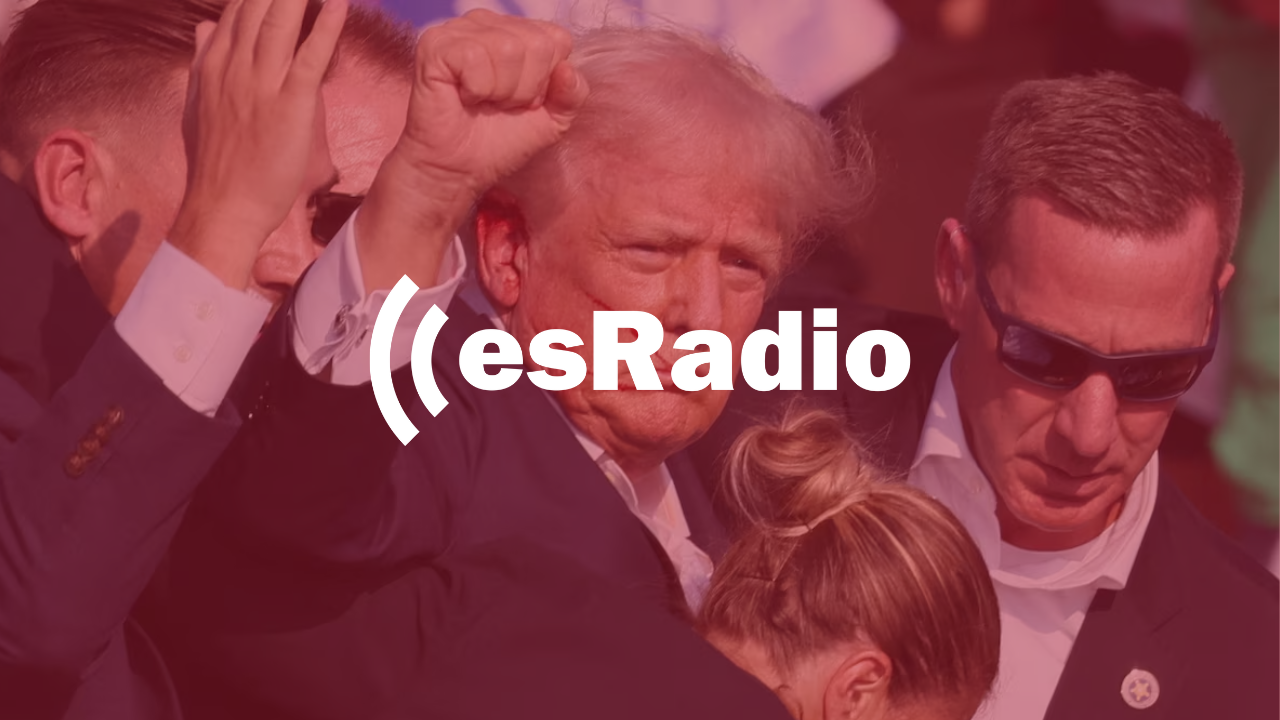Conservatives—nay, anyone concerned with free speech and open inquiry, welcomed last week’s subpoenas of big tech executives from Senate Judiciary Republicans. At least those responsible for what looks awfully like attempted election interference through censorship will be held accountable to lawmakers, and the public, before November 3rd.
Twitter’s handling of the New York Post’s scoop on Hunter Biden’s China links was so outrageous, and the intent to influence the presidential race so palpable, that Sen. Lindsey Graham [R-SC] and his colleagues would be wise to draw the entire world’s attention to big tech’s unchecked power to regulate online speech.
From the European Union (EU), we should demand much in the the digital policy space, but expect little. Otherwise hailed for setting global digital standards on everything from privacy to antitrust, preventing censorship of the kind inflicted on the New York Post is an area where the bloc is likely to duck out. Ignoring a long record of speech suppression in its own jurisdiction, oversight of big tech’s political bias seems entirely absent from the agenda of the Digital Services Act, an ambitious plan the EU will unveil in the coming weeks to revamp its outdated regulatory framework for digital platforms.
Para seguir leyendo el artículo pinche aquí.






